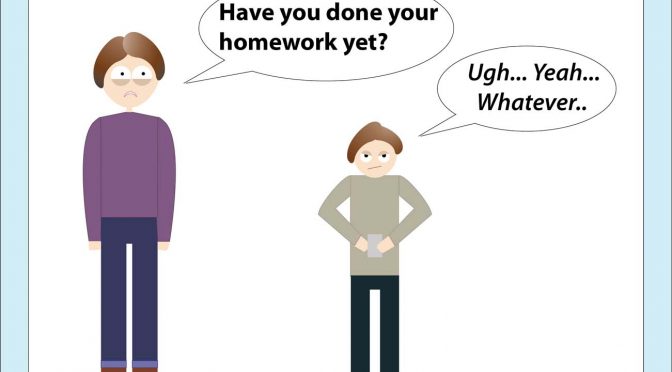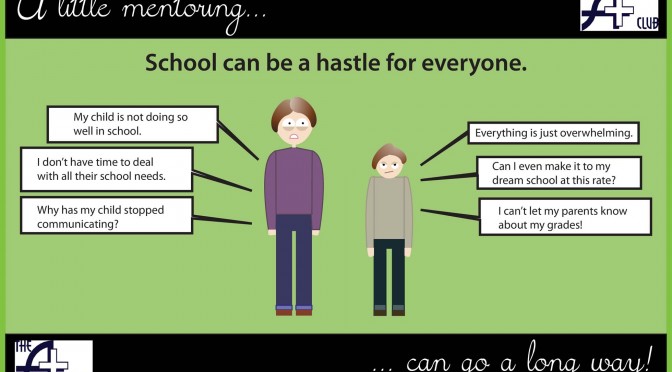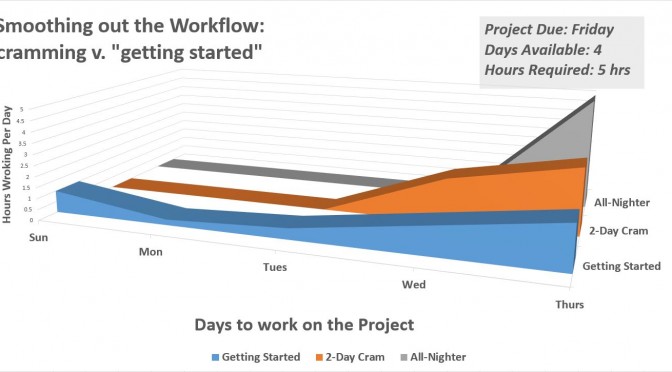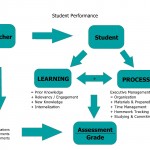 Tap, tap, text, text, click, click… Are cell phones taking students from merely distracted to dum, dummer, dummest?
Tap, tap, text, text, click, click… Are cell phones taking students from merely distracted to dum, dummer, dummest?
I suppose it depends on what “dumb” is. If dumb means instant access to vast sources of information that don’t require memory recall to access, that’s hardly stupid. And if dumb means webs of instant connections for help, sharing, and getting things done, that ain’t so dumb, either.
BUT… dumb is as dumb does, so if these marvelous little devices are getting in the way of student productive academic outcomes, then we’ve got a problem. Continue reading


 We hear it all the time. Students say, “I get it when my teacher shows it to me, but I can’t do it on the test.” Then parents tell us that their child “doesn’t test well.”
We hear it all the time. Students say, “I get it when my teacher shows it to me, but I can’t do it on the test.” Then parents tell us that their child “doesn’t test well.”
 Search engine results reveal much about ourselves, something worth reminding both teens and their parents. Not only can a search history flag a teen’s behavioral choices, such as being frustrated over grades and homework, it tells us what’s going on in general.
Search engine results reveal much about ourselves, something worth reminding both teens and their parents. Not only can a search history flag a teen’s behavioral choices, such as being frustrated over grades and homework, it tells us what’s going on in general.
 Parents and teachers think that if only students would connect their short term decisions to long term goals, such as college and jobs, they would quit procrastinating and do their homework.
Parents and teachers think that if only students would connect their short term decisions to long term goals, such as college and jobs, they would quit procrastinating and do their homework.
 A student’s mom is upset about her grades and that she’s not doing her homework. But the student thinks her mom is being too pushy. Like high school teens & parents everywhere, they’re both a little right — and also a little wrong.
A student’s mom is upset about her grades and that she’s not doing her homework. But the student thinks her mom is being too pushy. Like high school teens & parents everywhere, they’re both a little right — and also a little wrong.
 Meet a student & her mom.
Meet a student & her mom.
 One of the most effective strategies to defeat procrastination that we have used with students in our
One of the most effective strategies to defeat procrastination that we have used with students in our 
 Fight the need to finish now!
Fight the need to finish now!
 Megan Rocks! Megan and Michael discuss how the A+ Club helps students, parents and teachers.
Megan Rocks! Megan and Michael discuss how the A+ Club helps students, parents and teachers.
